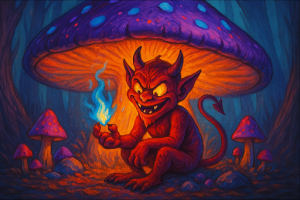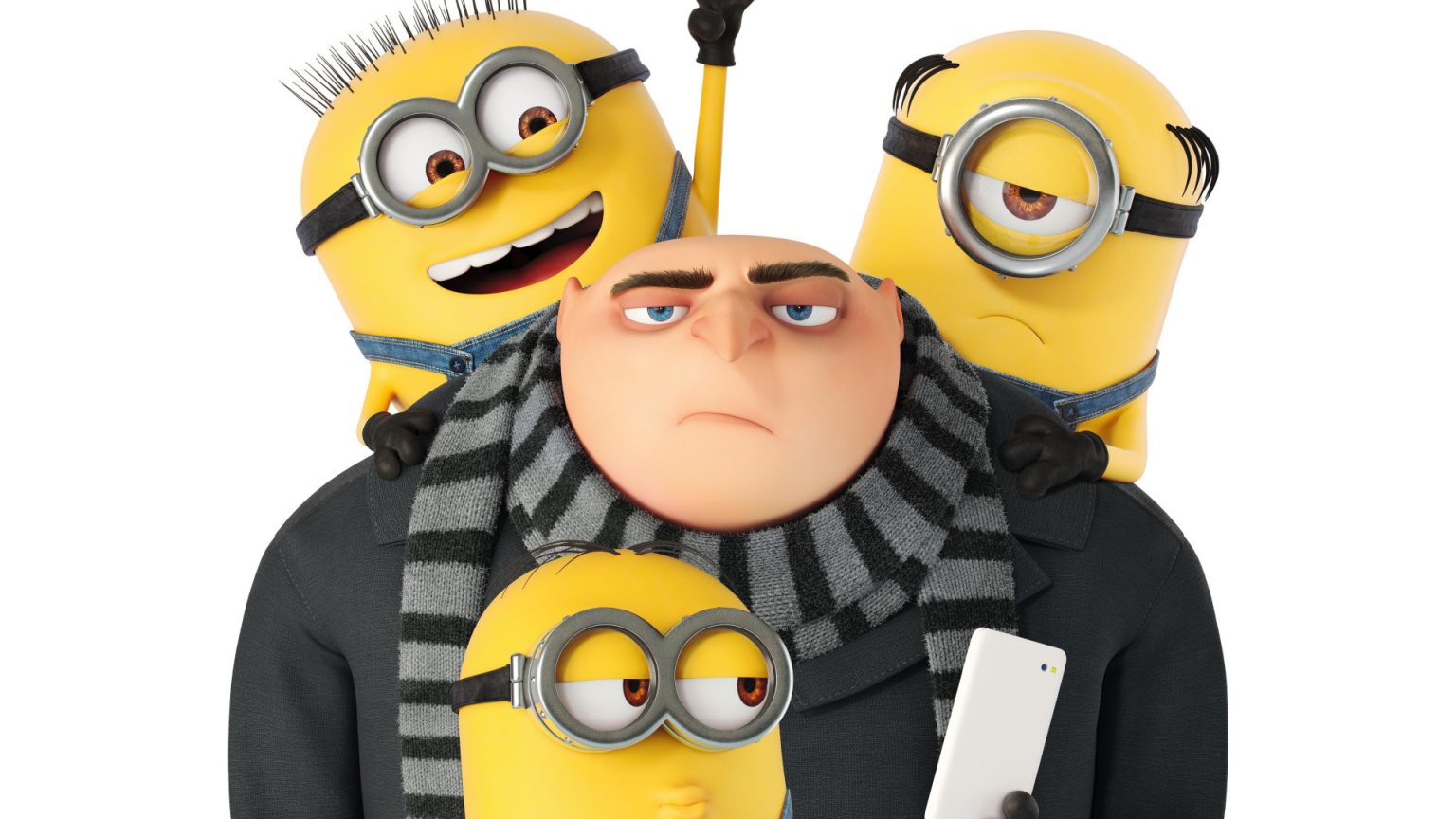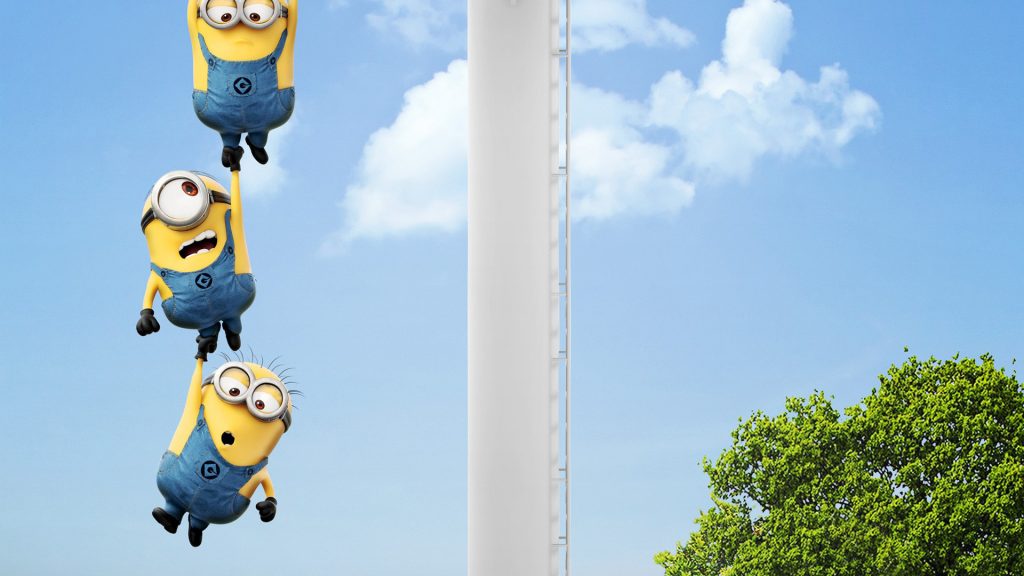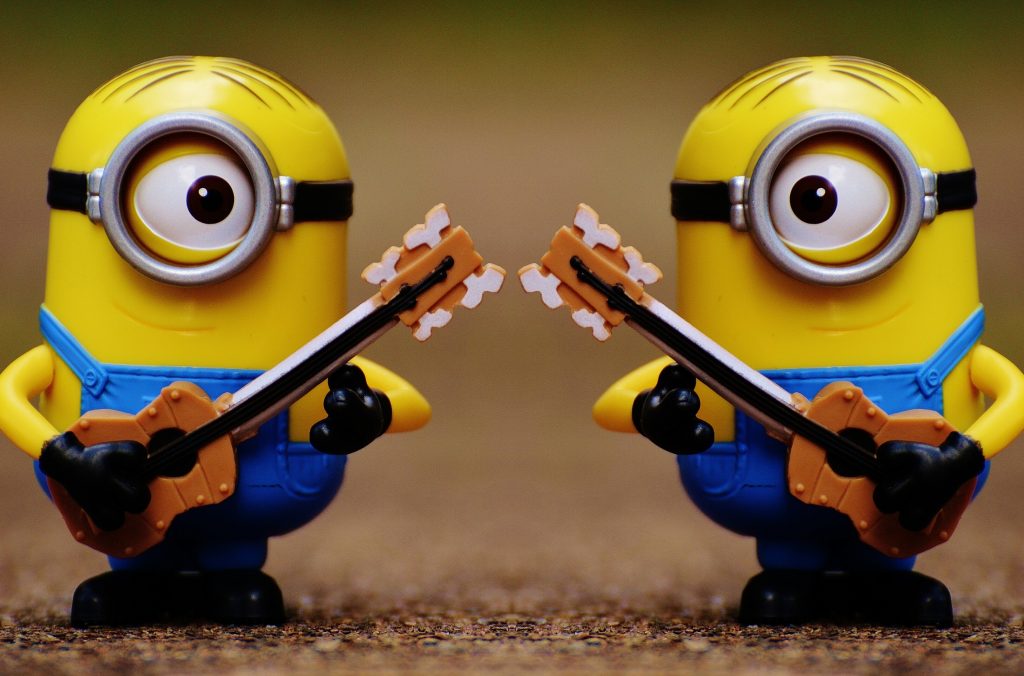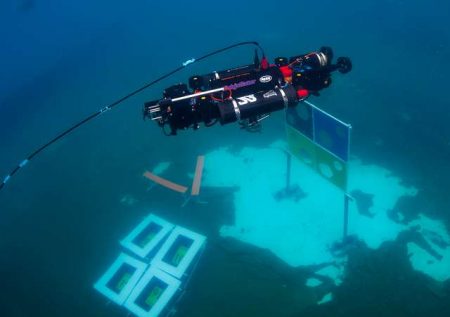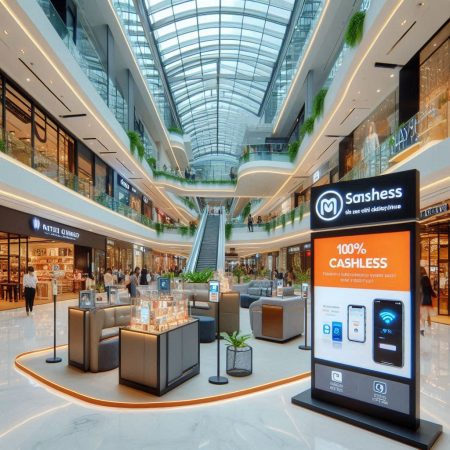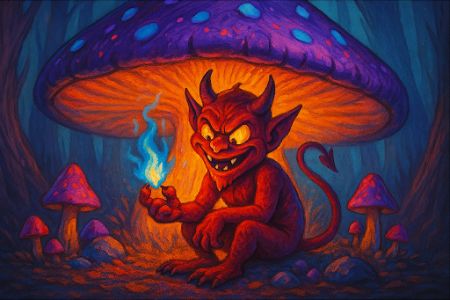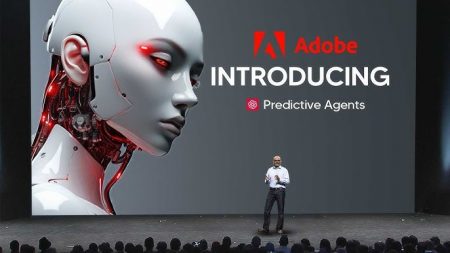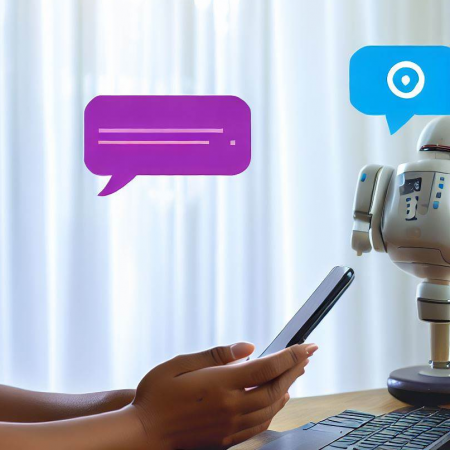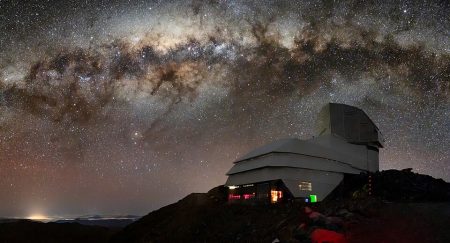AI is changing the world in 2025, we know that already. The question, however, is are those changes going to make our lives easier or even more complicated than we ever thought possible?
Artificial intelligence in 2025 is a lot like a human teenager who just discovered caffeine, unstoppable, slightly unpredictable, and possibly about to make some really questionable decisions. AI is in everything now. Your phone predicts your texts so well it’s basically reading your mind. AI-generated influencers are raking in the millions while real humans wonder if they should start acting more robotic to keep up.
Even your fridge has opinions, admonishing you when you reach for that second slice of cake. But for all the sci-fi hype, we’re still stuck with chatbots that forget what they were talking about five messages ago. So, is AI really changing the world, or is it just getting better at pretending it already has?
AI Compliance and Regulations in 2025
The real power move this year isn’t AI taking your job, it’s AI creating jobs that never existed before. We’ve got prompt engineers making six figures by teaching AI how to sound less like a malfunctioning Wikipedia page. Deepfake artists are redefining Hollywood, blurring the line between reality and CGI so well that actors might start licensing their digital clones instead of showing up on set. And then there’s the corporate world, where executives are throwing AI at every problem, hoping it sticks.
Need a financial forecast? AI. Struggling with HR complaints? AI-generated empathy emails, coming right up. The big question is whether this is actual progress or just companies automating themselves into chaos.
The problem, however, is that while businesses go all-in on AI, governments are sprinting to catch up with what should be legal and what shouldn’t. Regulations often can’t keep up with development, try as they might, it’s already close to impossible to rein in AI’s Wild West. Some countries like India are banning DeepFakes while others are pushing for transparency in AI decisions.
China, on the other hand, in addition to trying to make its own ChatGPT rival, is also simultaneously censoring anything that thinks too “freely.” It’s as close to a mess as you can get without openly calling it a mess. Additionally, just when policymakers finally think they’ve got a handle on things, a new AI breakthrough will undoubtedly drop, possibly making the last set of rules obsolete.
AI in Art & Music
Remember when AI-generated art was just weird, glitchy nightmare fuel? Now it’s at a point where you can’t even tell if it’s a real human or an AI created model in an image. In fact, AI has gotten so good at creating images that a lot of graphic designers are wondering if they chose the wrong career. While some may argue that AI doesn’t actually create art, it does a hell of a job mimicking, refining, and sometimes outright stealing styles from human artists while sparking endless debates about what “creativity” even means.
Musicians, unfortunately, are also in the same boat like we mentioned in an earlier post about AI taking over unfinished pieces by dead musicians. AI is now dropping entire albums in resurrected dead artists’ voices, leaving many of us wondering if AI-generated nostalgia is really a genre we want to encourage.
Some artists are embracing the madness, however, and using AI as a tool rather than a replacement. If you think about it, there have been a number of technological advancements in art and music in the past that were frowned upon at first but later became a norm. Think about Photoshop for photographers and artists or Auto-Tune for musicians.
In fact, even the synthesizer was initially looked at as “cheating” by musicians. AI is basically Photoshop on steroids, great if you know how to use it, but terrifying if it kills your creativity and starts making decisions for you. Ask it for a picture or a thousand variations of a picture, it makes no difference. It’s like having an intern that never sleeps, never questions orders, and occasionally hallucinates.
Welcome to the Future
In conclusion, while AI in 2025 isn’t world-ending, it’s definitely going to be world-altering. Some jobs may become easier, some might become redundant, and there may be a lot of new jobs that sound fake but pay real money. AI is automating industries, rewriting entertainment, and confusing the legal system on a daily basis. And yet, for all its advancements, the sad part is AI still can’t reliably do your dishes, fold your laundry, take the dog for a walk, or tell us why we are here.
So while AI isn’t replacing humanity, it’s definitely forcing us to redefine what being human even means. And if that sounds like a lot to process, don’t worry. AI will probably summarize it for you in a way that makes just enough sense to keep you hooked but not enough to give you real answers.
In case you missed:
- Scientists establish two-way Lucid Dream communication!
- Netflix replaces its game developers with AI
- Having two left thumbs may no longer be a bad thing
- California startup develops app to sell sunshine at night
- Slaughterbots: Robot Warriors in the Indian Armed Forces!
- DeepSeek’s AI Revolution: Creating an Entire AI Ecosystem
- Mainstream AI workloads too resource-hungry? Try Hala Point, Intel’s largest Neuromorphic computer
- Will Pi Coin Be the Next Bitcoin? A quick Reality Check!
- China launches world’s first AI-powered underwater data centre!
- PVC Meta Coins: The Next Big Thing in Crypto?


